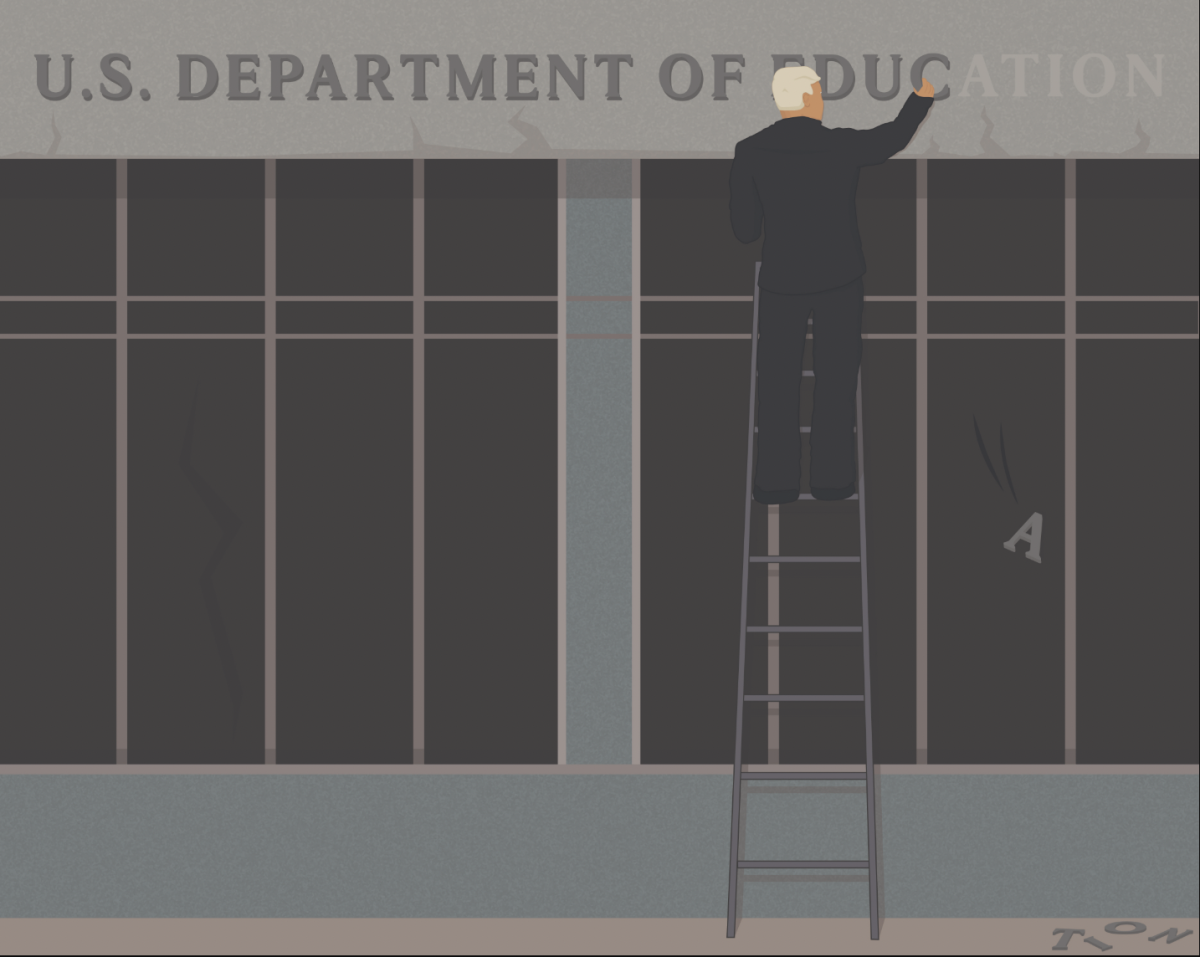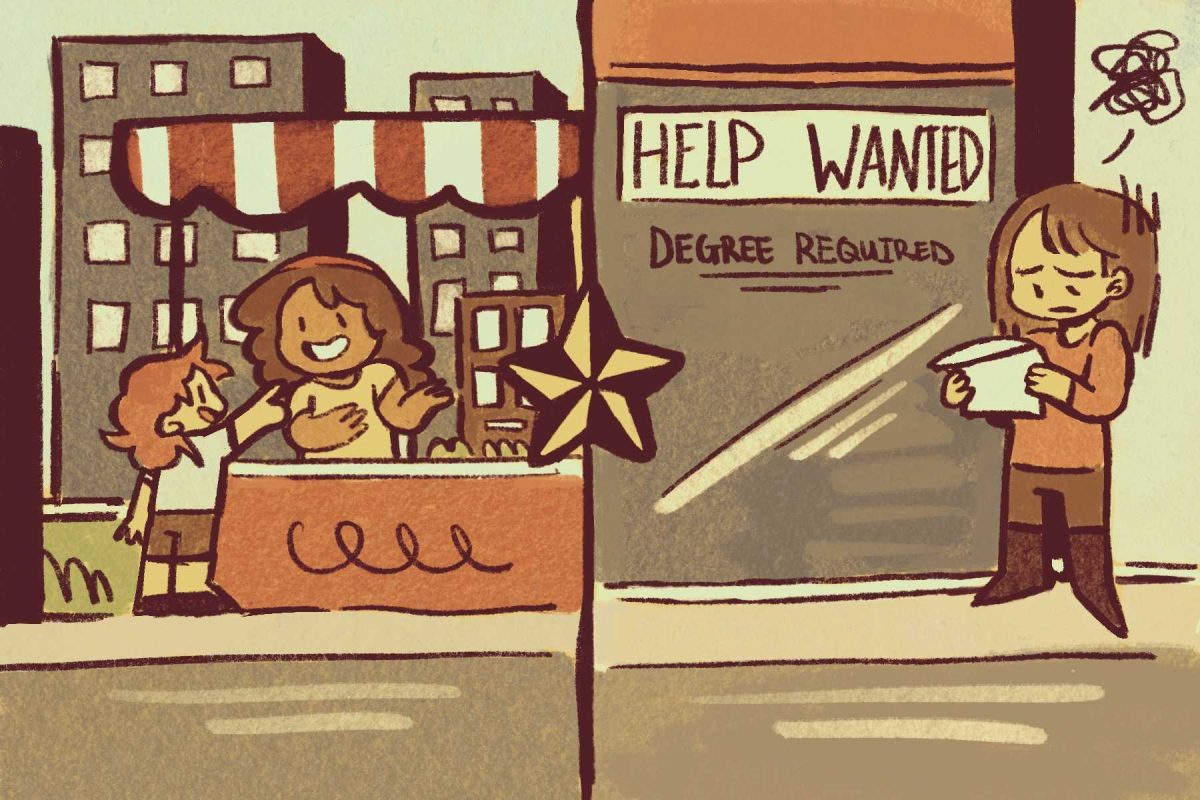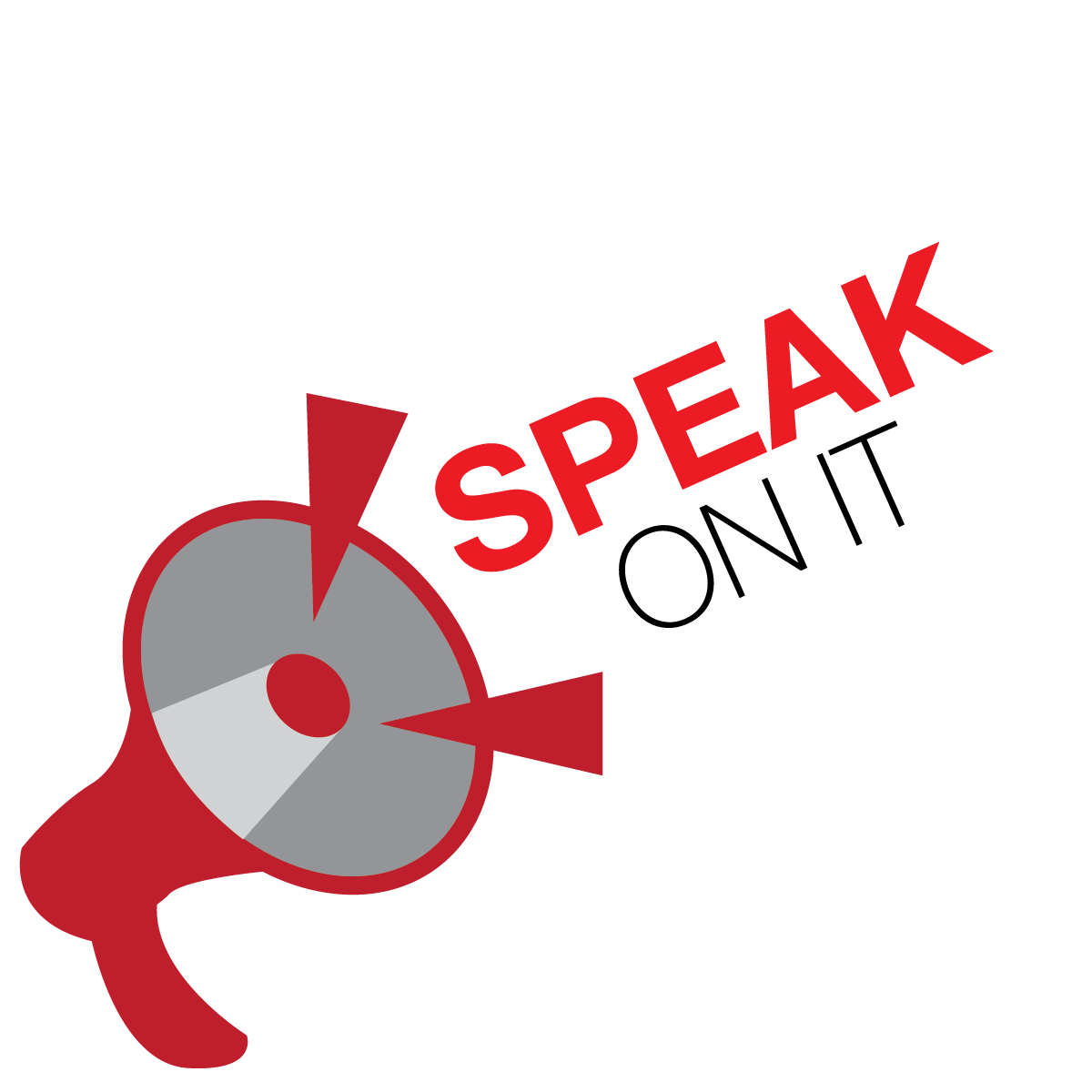In the aftermath of the Capital Gazette shooting, which claimed the lives of five newspaper employees, the industry, its audience and the nation must contend with the anti-press environment and violent circumstances which preceded this tragedy.
The charge of news media is to go forth into its community, either locally, nationally or internationally and collect the notable occurrences and musings for an accessible medium for the benefit of the public.
This makes some people uncomfortable, angry even. Sometimes this anger leads to violence, as such with the perpetrator of the Gazette shooting.
In 2011, The Gazette reported on the shooter’s legal history, including a guilty plea for criminal harassment. This publishing resulted in a civil suit in 2012, which, after several appeals, was dismissed in 2015 in favor of the newspaper’s reporting.
Three years later, the same person entered the home of The Gazette and did the unthinkable, despite showing no indication of an intent to act upon violent thoughts throughout his 75 visits with five different mental health professionals.
The root of what drives public mass violence is a separate issue entirely. The more unique contention is that of the target: journalists and the violent returns for the service they provide.
Even when anti-press sentiment fails to escalate to the point of gunshots, as in The Gazette‘s case, intimidation, harassment and even assault befall a large share of workers in media.
Aside from circumstances where the reporting concerns the personal history of private citizens, far too many members of the general public still wish ill will on the press or would even contemplate materializing the fantasy against news outlets and their staff—including this publication.
This animosity is exacerbated by the positions of government officials, both elected and appointed, who use their office to demonize reporters, columnists, editors and office personnel of newspapers, cable news and newswire services. The perpetrator may or may not have directly been influenced by this rhetoric, but the environment it breeds for members of the press is not safe, ideal or deserved.
Calls to remove the legitimacy or safety of journalists only benefits tyranny. Any state where journalists face bodily or social harm for doing their job is not a free state. A society committed claiming to support freedom and liberty must do better for these words to hold weight and it starts with the protections of reporters from government and vigilantes alike.
As the Fourth Estate, the press is the watchdog and guardian of the interests of the people against the tyranny of governmental and corporate power and when it is not, then it ceases to be legitimate press. It is certainly not the enemy of the people and does not desire the ire of working class individuals who benefit from a free and open news industry.
This publication, The University Star, stands in solidarity with the Capital Gazette as the staff heals and attempts to return to normalcy in the months to come. Their commitment to news reporting did not cease in the wake of the tragedy, but they are still human- all journalists are, despite what some believe.
Categories:
We stand with The Capital Gazette
July 13, 2018
The Main Point is an opinion written collectively by The University Star’s Editorial Board. Opinions expressed are not necessarily those of our entire publication.
0
Donate to The University Star
Your donation will support the student journalists of Texas State University. Your contribution will allow us to purchase equipment and cover our annual website hosting costs.
More to Discover















